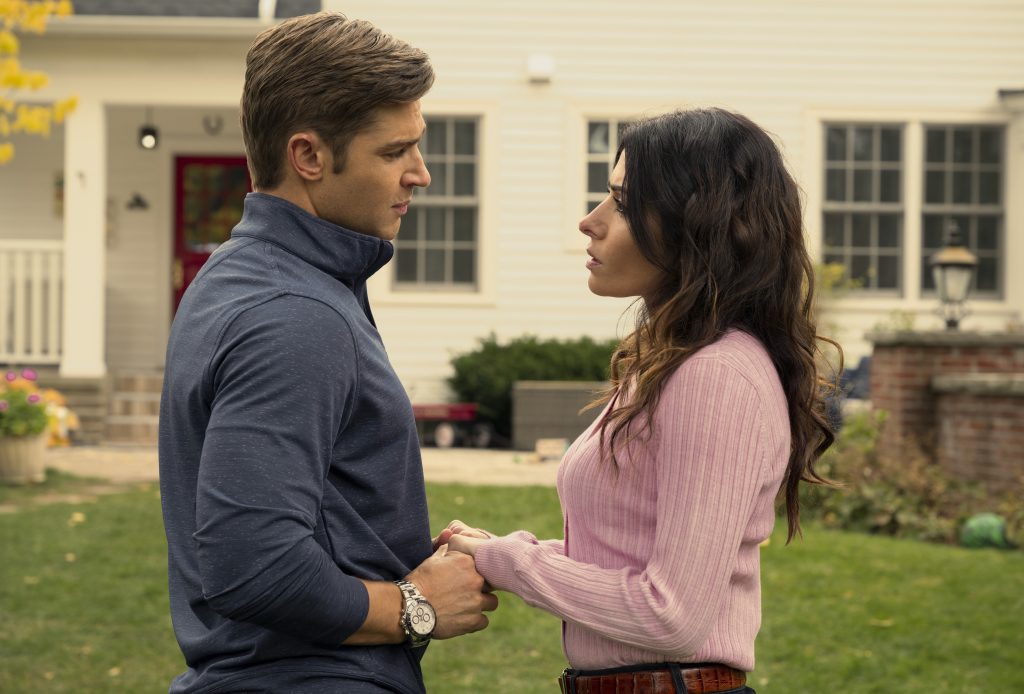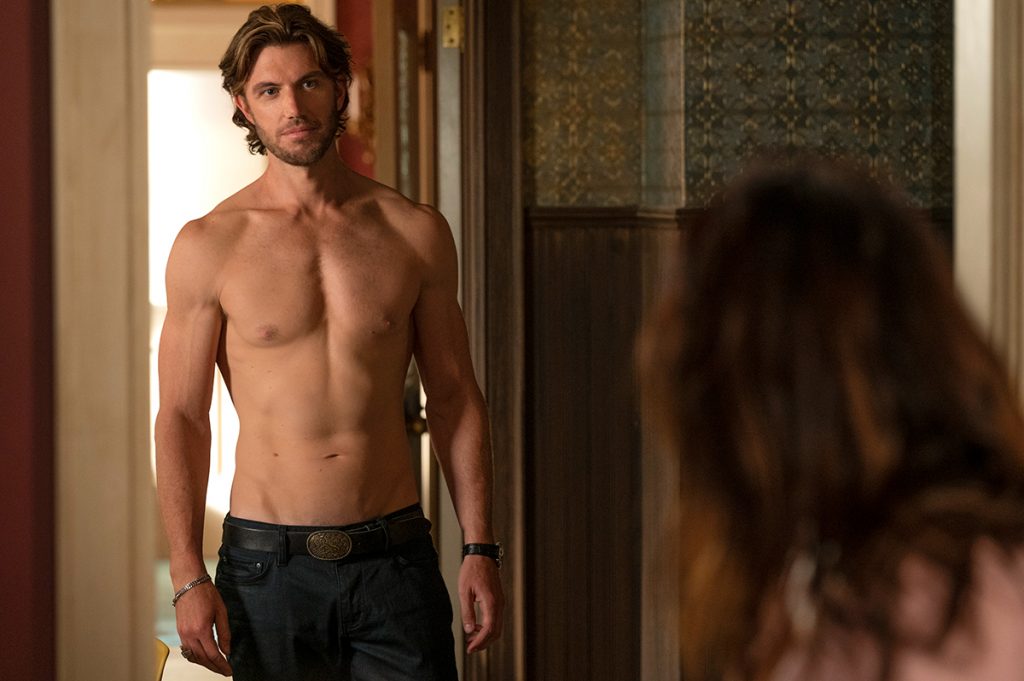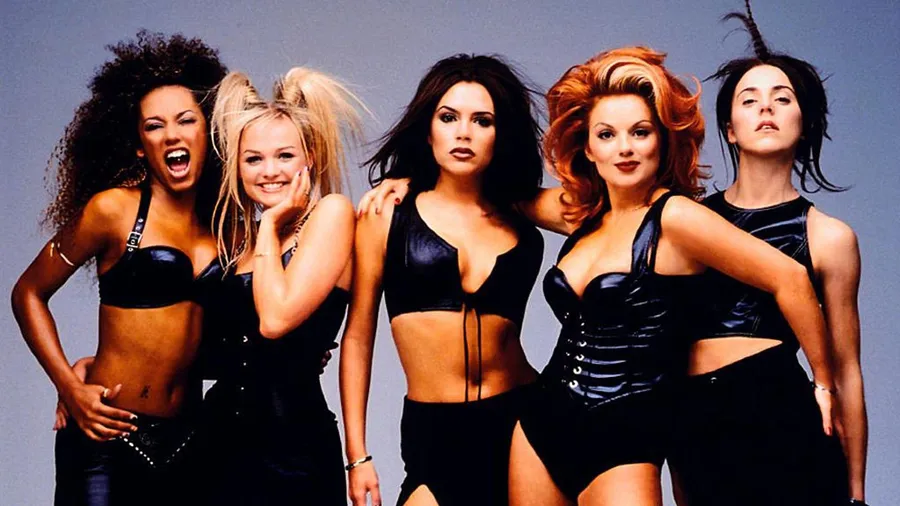If you follow me on Instagram, you had to know this was coming. I’ve binge watched all eight episodes of Sex/Life on Netflix, and now I have feelings.
It goes without saying that there will be spoilers.
Sex/Life is bad, like, really bad
My main issue with Sex/Life is the wafer thin and massively sexist plot and bland narrative, delivered genuinely terribly in places.
They were reaching for depth in shallow waters, and what was framed as empowerment, actually landed in misogyny.
If you’re looking for a bastion of empowerment, watch something else
Sure, there were glimpses, but they were so fragmented, it was almost as though the writers kept having to remind themselves to include it.
“Oh, wait, we need to add in the empowerment! Make Billie call someone a nun!”
The brief moments I did see came from Sacha (Margaret Odette) in the final 10 minutes of the eighth episode. Here, she was fleshed out beyond the role as protagonist’s pal.
In this scene, she discusses code-switching and how women do this in order to fall in line with society’s expectations of what it means to be a woman acceptable enough to marry.
If the show had led with this, and then watched Billie unpack that around her existing emotions and journaling, Sex/Life would have instantly had more depth. Instead, it arrived too late and the tone was toxic.
Sex/Life is more accurately a celebration of toxic masculinity
Ultimately, Sex/Life is a flunked Bechdel test that glorifies problematic men, and demonises a woman’s sexual agency in the pursuit of heteronormativity and patriarchal ideals, and so it’s hard to watch someone agonise over this across eight episodes.
Billie’s husband, Cooper (Mike Vogel) is framed as a victim, yet I think of him as the major antagonist. He perpetuates the Madonna-Whore complex repeatedly, and has toxic views on masculinity and marriage from the outset.

He doesn’t consider his wife as anything other than a mother. “She’s a great mother” is a term he repeats throughout the series. During the restaurant scene, while proverbially beating his chest in a display of animalistic dominance, he reinforces his views of Billie’s role as a mother, in defense of Brad’s (Adam Demos) righteous outrage, learning Billie gave up her education and career to be Cooper’s wife.
Cooper’s disrespect for his wife is palpable. He repeatedly invades her privacy as he struggles with his obsession, disgust and inadequacy. Upon learning his wife is a woman with desires and passions – ones he hasn’t been fulfilling – he becomes inexplicably toxic and violent.
In this scene, he storms over to her, violently grabbing her by the mouth. He rips her nightie, flips her around on the kitchen counter and shags her roughly from behind, stating “you’re mine!” until he comes.
Billie is Cooper’s possession in the life he envisioned for himself. That’s it.
That’s not empowering, that’s insulting.
In another scene, we see Cooper masturbating while reading one of Billie’s journal entries. After he comes, he gaslights her. In another encounter, he throws up and gives her the silent treatment.
He’s playing out Billie’s journal fantasies in an attempt to compete with the past, but when he realises she’s enjoying it, he falters, feels sick and can’t perform.
Then Billie is gaslit and emotionally abused once more.
Again, the message is that while she’s great to wank over, the thought of Cooper’s wife being more than the Madonna – a housewife and mother – is an issue for him.
Again, not empowering. Insulting.
Brad is equally problematic. Between the fucking, licking, fingering and kissing, we see repeated scenes of Billie having her boundaries pushed, insecurities heightened and anxieties amplified. We see them engaging in codependent behaviours that aren’t explored enough to help us understand why Billie is fantasising about her ex now, eight years on.
All we know is that Billie loves an emotionally damaged bad boy with big dick energy, even at the sacrifice of her own well being.

Sex/Life misses the mark and insults the same women they’re claiming to empower
Sex/Life reinforces messages that uphold heteronormativity and patriarchal ideals in a way that is egregiously oppressive, especially to young women.
Billie is framed as a villain, yet her feelings are valid; her fantasies are legitimate. Yet, they’re initially labelled as boredom, later postpartum depression, and finally, psychotic.
Where Billie’s behaviour is labelled erratic, and she’s portrayed as a villain, her husband’s reaction is framed in a much more positive light. He’s responding and reacting to crazy – poor guy.
Yet, Cooper is the one who has an emotional affair with his manager, and then allows his colleague/friend’s wife, Trina (Amy Goldfarb) to go down on him – as his wife watches. All because Billie had an ex-boyfriend and fulfilling sex life pre-marriage.
At this point, Billie hasn’t done anything other than fantasised about an ex and wrote it down. She’s conflicted, but she hasn’t physically done a damn thing.
After the public display of infidelity, Cooper then beats up Trina’s husband because despite having his wife’s cock in his mouth moment’s ago, he doesn’t like seeing Billie get hit on.
In this case, Sex/Life normalises the gaslighting and emotional abuse Billie is forced to endure, simply because Cooper feels inadequate sexually.
That’s not empowering. That’s damaging.
And Billie still gets the blame.
That’s the patriarchy for you.
What really pisses me off, though, is the reinforcement of heteronormativity throughout Sex/Life. The confirmation, almost, that women should be prepared to give up their independence, autonomy and careers to become wives and mothers.
That’s not forward thinking or groundbreaking. It’s not empowering or feminist. It simply reinforces the patriarchy’s affirmation that women can’t have it all.
How does it all end?
The same way as it started. Seriously.
We learn that Cooper is tracking Billie’s phone, so despite their reconciliation by the eighth episode, Cooper wants her to accept her role as wife and mother, but refuses her any autonomy. Still.
Ultimately, Billie is re-framed as a villain, because as Cooper is tracking her phone, we can see her running through the streets of Soho to get to brad. We then learn she’s not going to leave her husband, but she is now going to cheat on him.
I’m assuming that this is the part that the Sex/Life creators thought was empowering – a dip into polyamory, maybe, but it still entirely misses the mark.
So now we’re left with a sour taste because all we’ve learned is that for a woman to truly have it all, she has to be a villain.
That’s it. That’s the show.




